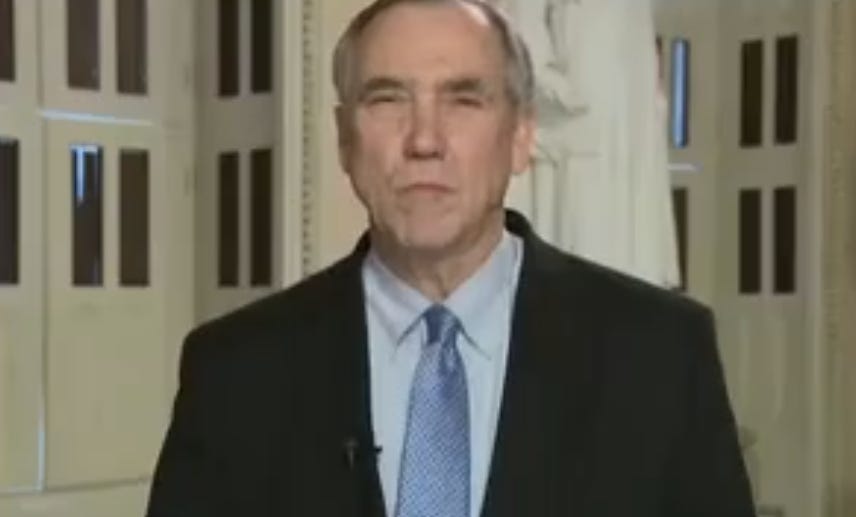The funeral for former Vice President Dick Cheney will proceed this Thursday at the National Cathedral in Washington, D.C., but the guest list notably excludes two figures: President Donald Trump and Vice President JD Vance.
This omission breaks with longstanding tradition, as sitting presidents typically attend the funerals of their predecessors and former vice presidents. However, the relationship between Trump and the Cheney family had deteriorated significantly in recent years, creating a palpable rift.
The source of this estrangement stems, in part, from the actions of Cheney’s daughter, Liz Cheney. She played a prominent role in the House investigation into the events surrounding the January 6th attack on the U.S. Capitol, focusing intently on the actions of Donald Trump.
Further solidifying the family’s stance, both Liz and her father publicly endorsed Vice President Kamala Harris during the recent presidential campaign, a clear signal of their political opposition to the current administration.
Richard Cheney’s life was a remarkable journey from the Wyoming plains to the highest echelons of American power. He served as a congressman, Secretary of Defense, White House Chief of Staff, and ultimately, a highly influential Vice President under George W. Bush.
Cheney passed away earlier this month at the age of 84, succumbing to complications from pneumonia and underlying cardiac and vascular disease. His family described a life dedicated to service and characterized by courage, honor, and a deep love for the nation.
The family statement revealed a man who instilled in his children and grandchildren a profound patriotism and a passion for simple pleasures, like fly fishing. They expressed immeasurable gratitude for his decades of service and the profound impact he had on their lives.
Cheney’s own health had been a long-standing concern, marked by a history of cardiac problems, including five heart attacks. He underwent a life-saving heart transplant in 2012 after a lengthy wait, demonstrating remarkable resilience.
As Vice President, Cheney was a pivotal figure in shaping American foreign policy, particularly in the aftermath of 9/11. He was a key architect of the “war on terror” and the subsequent military interventions in Iraq and Afghanistan, actions that defined a generation.
Cheney’s legacy remains complex and controversial, a testament to the weight of the decisions he made and the profound impact he had on the course of American history. His absence from the White House at his funeral speaks volumes about the enduring divisions within American politics.






